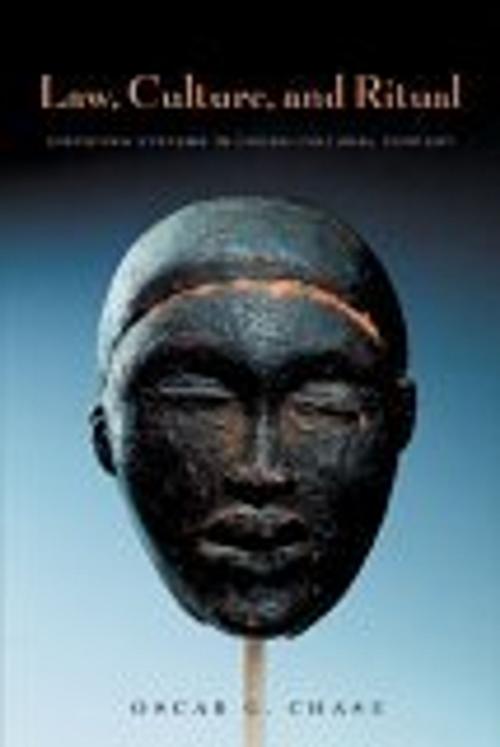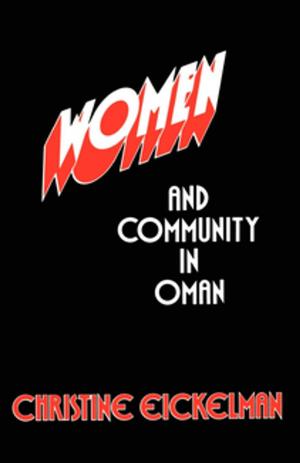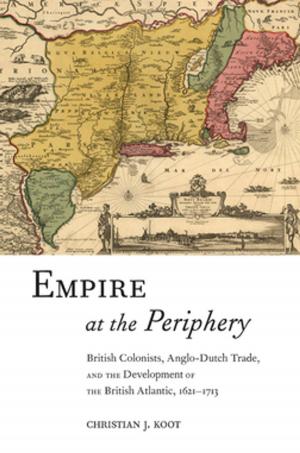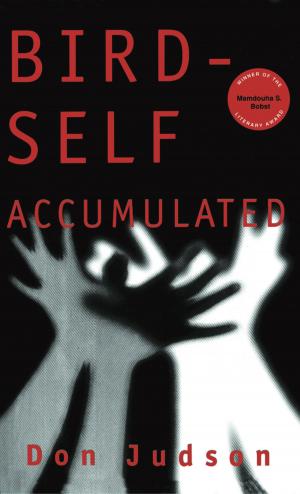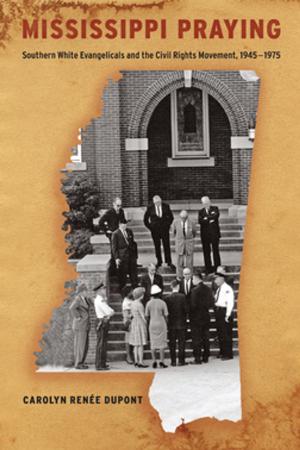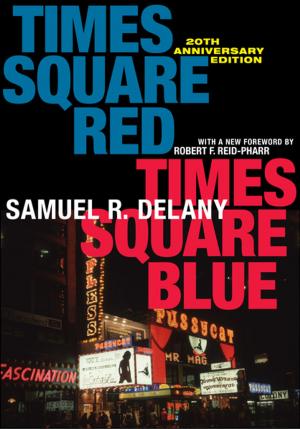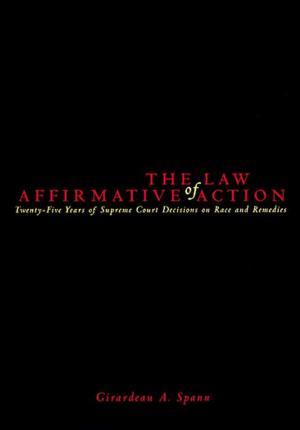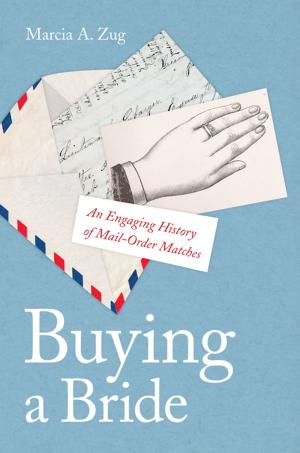Law, Culture, and Ritual
Disputing Systems in Cross-Cultural Context
Nonfiction, Reference & Language, Law, Comparative| Author: | Oscar G Chase | ISBN: | 9780814772300 |
| Publisher: | NYU Press | Publication: | November 1, 2005 |
| Imprint: | NYU Press | Language: | English |
| Author: | Oscar G Chase |
| ISBN: | 9780814772300 |
| Publisher: | NYU Press |
| Publication: | November 1, 2005 |
| Imprint: | NYU Press |
| Language: | English |
Disputing systems are products of the societies in which they operate—they originate and mutate in response to disputes that are particular to specific social, cultural, and political contexts. Disputing procedures, therefore, are an important medium through which fundamental beliefs, values, and symbols of culture are communicated, preserved, and sometimes altered. In Law, Culture, and Ritual, Oscar G. Chase uses interdisciplinary scholarship to examine the cultural contexts of legal institutions, and presents several case studies to demonstrate that the processes used for resolving disputes have a cultural origin and impact.
Ranging from the dispute resolution practices of the Azande, a technologically simple, small-scale African society, to the rise of discretionary authority in civil litigation in America, Chase challenges the claims of some scholars that official dispute systems are more reflective of the interests and preferences of elite professionals than of the cultures in which they are embedded.
Disputing systems are products of the societies in which they operate—they originate and mutate in response to disputes that are particular to specific social, cultural, and political contexts. Disputing procedures, therefore, are an important medium through which fundamental beliefs, values, and symbols of culture are communicated, preserved, and sometimes altered. In Law, Culture, and Ritual, Oscar G. Chase uses interdisciplinary scholarship to examine the cultural contexts of legal institutions, and presents several case studies to demonstrate that the processes used for resolving disputes have a cultural origin and impact.
Ranging from the dispute resolution practices of the Azande, a technologically simple, small-scale African society, to the rise of discretionary authority in civil litigation in America, Chase challenges the claims of some scholars that official dispute systems are more reflective of the interests and preferences of elite professionals than of the cultures in which they are embedded.
